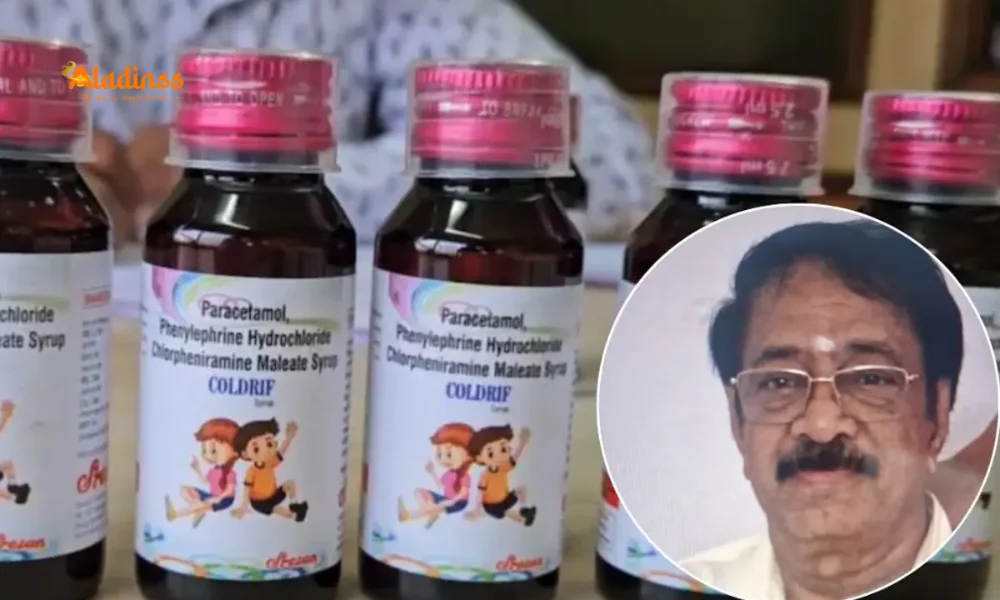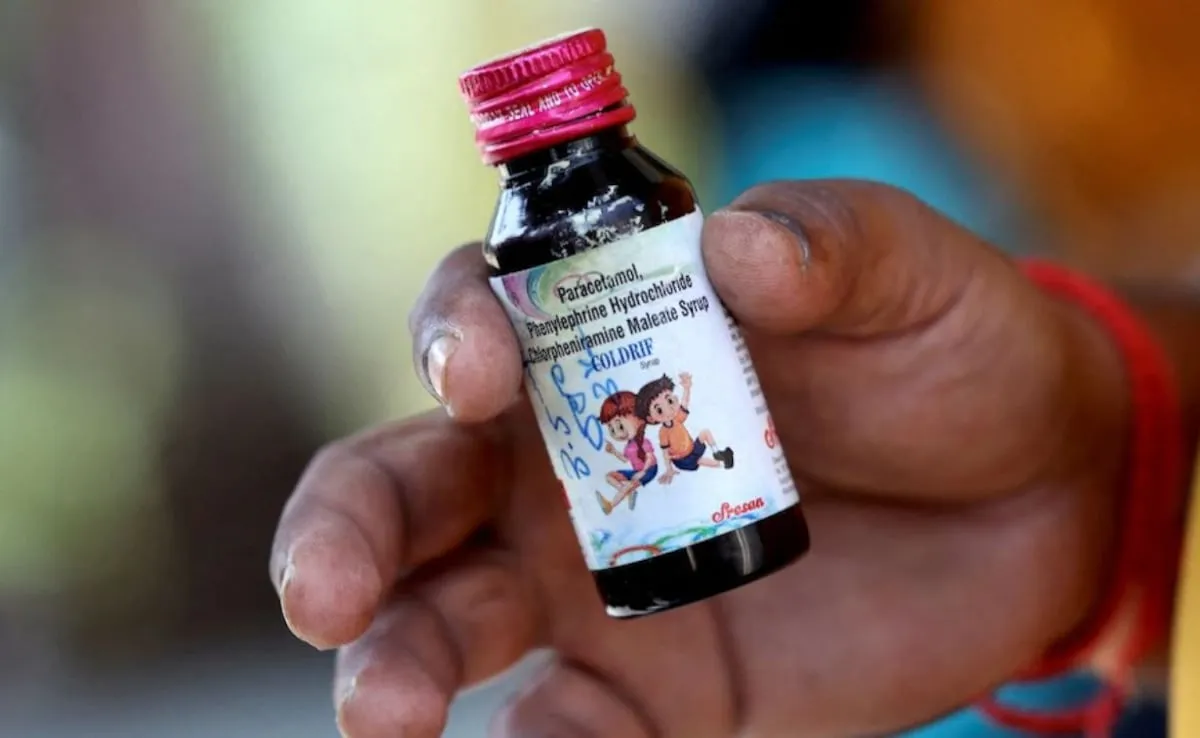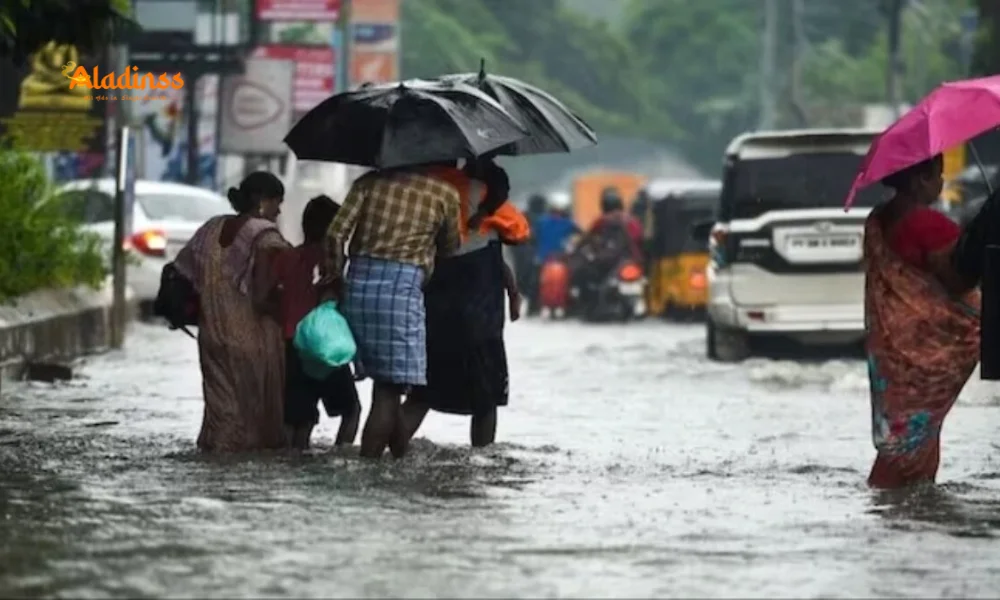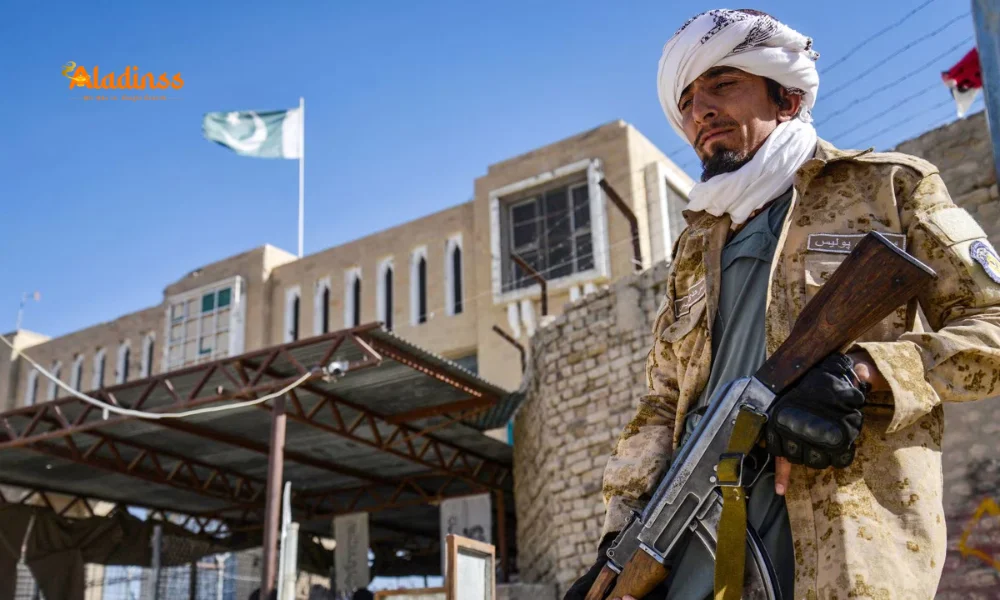ED Raids Coldrif Maker in Child Deaths Case

ED Launches Raids on Coldrif Syrup Maker Sresan Pharma Amid Child Deaths Probe
In a major crackdown on tainted pharmaceuticals, the Enforcement Directorate (ED) on October 13, 2025, targeted seven locations in Chennai connected to Sresan Pharmaceuticals, the controversial producer of Coldrif cough syrup implicated in the tragic deaths of over 20 young children in Madhya Pradesh and Rajasthan. The ED raids on Coldrif maker underscore escalating scrutiny over money laundering allegations tied to the contaminated product, which medical experts link to deadly Diethylene Glycol (DEG) adulteration. Sresan Pharma owner S. Ranganathan, already under arrest, faces intensified investigations as authorities delve into regulatory lapses by Tamil Nadu drug control officials.
The operations, invoked under the Prevention of Money Laundering Act (PMLA), extended to residences of senior drug control officers, signaling a broader probe into oversight failures. This follows Madhya Pradesh Police's recent apprehension of Ranganathan in Chennai and Kanchipuram, prompted by FIRs under Bharatiya Nyaya Sanhita sections for culpable homicide and drug adulteration violations. The incident highlights systemic vulnerabilities in India's pharmaceutical sector, where substandard drugs continue to endanger lives, particularly vulnerable pediatric populations.
Licensed by the Tamil Nadu Food and Drug Administration (TNFDA) in 2011, Sresan Pharma operated for over 13 years despite glaring infrastructural deficits and repeated breaches of Central Drugs Standard Control Organisation (CDSCO) guidelines. The unchecked proliferation of such firms raises alarming questions about enforcement mechanisms, echoing past scandals like the 2023 WHO-flagged cough syrup exports that claimed international victims.

Details of ED Raids and Arrest in Coldrif Child Deaths Case
ED teams descended on Ranganathan's home and six other Sresan-linked sites, seizing documents, financial records, and manufacturing samples to trace illicit funds from the defective syrup's distribution. Parallel searches at drug control officials' homes aim to uncover potential complicity in ignoring violations, including inadequate quality testing and poor storage facilities at the Chennai plant.
Ranganathan's detention stemmed from a swift Madhya Pradesh Police operation after reports surfaced of children succumbing to acute kidney injury post-consumption. Autopsies confirmed DEG—a sweet-tasting industrial solvent banned in pharmaceuticals—as the culprit, mirroring the 1986 Jaipur tragedy where over 100 perished from similar contamination. The syrup, marketed for common colds, was dispensed in rural clinics, amplifying the disaster's reach.
Investigators revealed Sresan Pharma's license renewals bypassed rigorous audits, with CDSCO citing "dismal infrastructure" like contaminated water sources and expired reagents. This negligence not only facilitated DEG infiltration but also evaded pharmacovigilance protocols, delaying recalls until fatalities mounted.
Toxic Legacy of Coldrif: DEG Contamination and Child Fatalities
The Coldrif saga exemplifies the perils of adulterated drugs in India, where cost-cutting substitutes like DEG replace safe propylene glycol in formulations. Victims, mostly toddlers under five, exhibited vomiting, lethargy, and organ shutdown within hours, overwhelming district hospitals in Chhindwara and nearby Rajasthan areas. Laboratory tests from the Indian Pharmacopoeia Commission verified DEG levels exceeding lethal thresholds, prompting nationwide alerts.
Public fury has spurred multi-state responses: Punjab, Goa, Haryana, Himachal Pradesh, Karnataka, Maharashtra, Rajasthan, Uttar Pradesh, and Uttarakhand imposed immediate bans on Coldrif sales. In Chhindwara, authorities sealed five pharmacies, dispatched samples for forensic analysis, and launched village-level campaigns via loudspeakers, urging parents to shun unverified syrups.
- DEG's toxicity mimics ethylene glycol poisoning, causing irreversible renal damage.
- Over 20 confirmed deaths, with 50+ hospitalizations reported across states.
- Syrup distributed via informal networks, evading barcode tracking systems.
- CDSCO mandates enhanced testing, but rural enforcement lags.
This outbreak parallels global incidents, such as Uzbekistan's 2022 child deaths from Indian-exported syrups, underscoring export-import risks. Advocacy groups demand stricter Good Manufacturing Practices (GMP) compliance, including real-time contaminant screening.
Regulatory Failures and Drug Control Officials Under Scrutiny
TNFDA's decade-long oversight lapses at Sresan Pharma paint a damning picture of bureaucratic inertia. Despite 2011 licensing, routine inspections flagged issues like unhygienic production lines and falsified batch records, yet no suspensions followed. ED's foray into officials' homes seeks evidence of graft or negligence, potentially invoking PMLA's asset forfeiture clauses.
The Indian Medical Association (IMA) voiced apprehensions over implicating physicians, arguing many prescriptions stemmed from aggressive marketing by reps, not medical malfeasance. Under probe are rural doctors accused of over-recommending Coldrif for minor ailments, though IMA insists on distinguishing corporate culpability from practitioner errors.
Broader reforms loom: CDSCO proposes digital licensing portals and AI-driven surveillance to preempt adulteration. States like Kerala, with robust pharmacovigilance, serve as models, having nipped similar threats early through community reporting apps.
Public Health Crisis: Implications of Banned Cough Syrups in India
The Coldrif ban across nine states disrupts winter respiratory care, forcing parents toward alternatives like saline nebulizers or physician-vetted generics. Health ministry advisories emphasize label scrutiny for CDSCO approvals, while NGOs like Oxfam push for subsidized safe drugs in underserved regions.
Economically, Sresan Pharma's fallout could shutter small firms flouting norms, but experts warn of supply shortages if over-regulation stifles innovation. Victim families seek compensation via fast-track courts, invoking the Drugs and Cosmetics Act's stringent penalties—up to life imprisonment for fatal adulterations.
- Bans cover 40% of India's syrup market, spiking generic demand.
- Community drives in MP educate on home remedies for coughs.
- Global watchdogs like WHO monitor for export ripples.
- Potential class-action suits against pharma lobbies.
This tragedy galvanizes calls for a national drug safety overhaul, integrating blockchain for supply chain transparency. As ED deepens its probe, the focus shifts to prevention, ensuring no child falls victim to profit-driven poisons.
Future Safeguards and Lessons from Coldrif Scandal
Post-Coldrif, policymakers advocate mandatory DEG testing kits for manufacturers and whistleblower protections for inspectors. Tamil Nadu's drug control wing faces internal audits, with potential leadership shakeups to restore credibility.
For parents, awareness campaigns stress consulting pediatricians over OTC remedies, especially amid rising respiratory infections. The scandal's ripple effects may spur interstate collaborations, harmonizing bans and recalls for pan-India coverage.
Ultimately, the ED raids on Coldrif maker illuminate the human cost of regulatory voids, urging a resilient ecosystem where safety trumps commerce. As investigations unfold, justice for the bereaved demands systemic reckoning.
(Expanded coverage based on official updates and expert analyses, tracking developments in tainted drug probes.)
Comment / Reply From
No comments yet. Be the first to comment!










